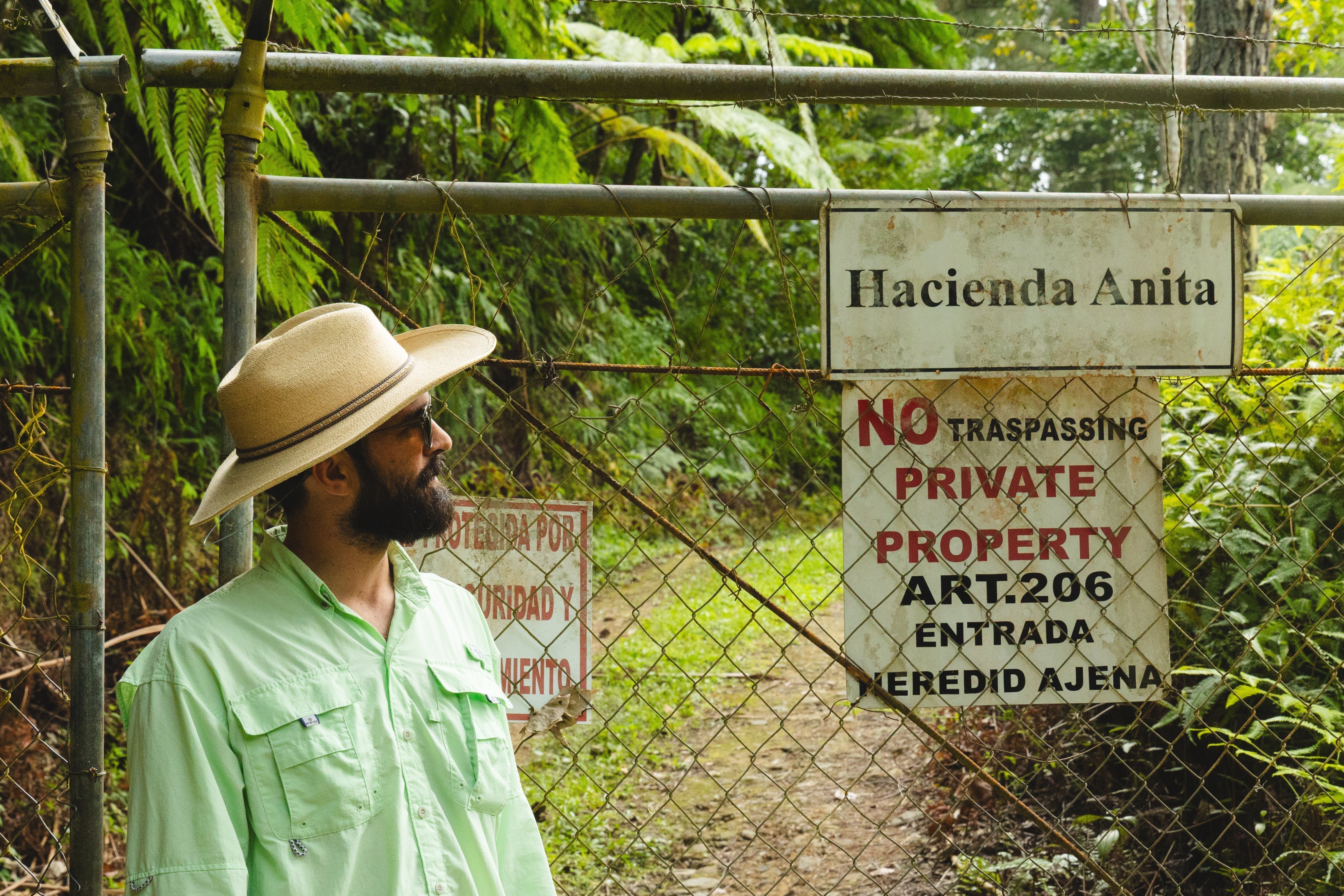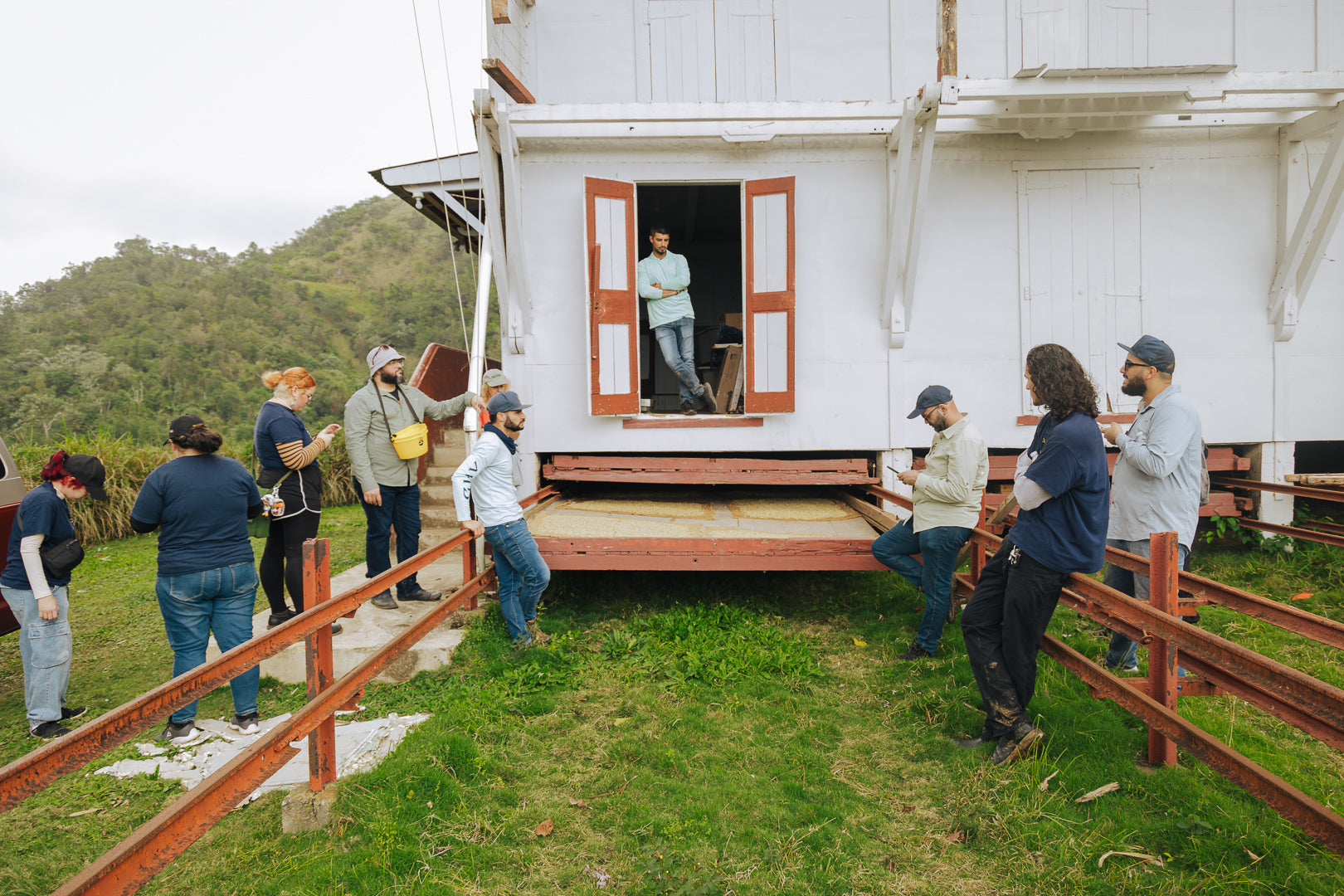To understand the role of the barista, we must go back to the 15th century in the Old East, where the Ottoman Empire established the first Coffee House in the city of Damascus. The Arabians were great propellants of this business model until the 17th century, when the first Coffee House arrived in Vienna, Austria. This type of establishment was conducive to meetings, socializing, exchanging ideas, philosophizing, and even solving world problems. A practice that hasn't changed much to this day. Since then, it exist a particular barman that served coffee to the visitors and that person was the barista.
We don't know the name of this profession at that time, but it wasn't until the 20th century in Italy that the name and profession of barista was formalized. The word Barista refers to a hospitality professional who attends a bar, particularly in a coffee establishment. He is a coffee expert with extensive knowledge of espresso-based beverages such as lattes, cappuccinos, mochas, flat whites, cortados, and macchiatos, as well as other brewing methods such as V60, Aeropress, Kalita, and Chemex, among others.

With the years the Barista profession has evolved. From coffee knowledge to workflow, attire, and even the way we view the profession. It used to be a somewhat obvious profession in terms of the tasks to perform in a café or restaurant. As the Industry has evolved in innovation, the barista profession has become more serious. Back in the day, you would go to a Coffee Shop, or in our case, a bakery, and you would hear customers ask, "Give me a cup of coffee," and the barista would understand. Now, the game has changed, and you can listen the industries evolution through the customer's request. “I would like to order a latte please,” or “¿What are you brewing today?”
The Industry has been changing as customers have demanded higher quality when purchasing their coffee. The coffee industry has gone through several waves. In the first wave, coffee was treated as a “commodity.” Quality wasn't important, only supply and demand. In the second wave, the priority began to be placed on highlighting the origin of the coffee and its attributes. Starbucks is a perfect example of this practice. This was followed by the third wave, which saw a boom in the barista profession and also in roasting, giving way to an evolution called Specialty Coffee. This boom led roasters and baristas to begin understanding coffee based on the origin where it is produced, thus highlighting these attributes in the roasting and in the cup. Fair trade also began to be practiced, which consists in paying a fair price to the coffee farmer, considering the quality of the coffee and not based on the price of coffee on the stock exchange. This is where the end customer begins to see coffee in a different way.
We are currently experiencing the fourth wave of coffee. This wave brings with it innovation in coffee processing. In this wave, the producer wants their coffee to accentuate its flavors in an extraordinary way through controlled and extended fermentations. Here, the coffee grower begins to experiment with lactic, acetic, and alcoholic fermentations, among others. In the fourth wave, the coffee grower brings an entrepreneurial mindset. How can I get better quality and ensure that quality is compensated in price to get more profit from my coffee? In the fourth wave, coffee is treated with the same or greater finesse than wine. On the other hand, in the fourth wave, the coffee grower is an expert in their product and wants to know more about the needs of the markets, not like 50 years or more ago, when the coffee grower was simply the owner of a commodity and a slave to supply and demand.

The barista is a spokesperson for all of the aforementioned. Although they aren't required to know all of this, a good barista can make a significant difference with all this knowledge and will add significant value to the chain. It's also a way to honor the barista profession, and in this way, customers understand the value of that person who greets them every morning with a smile before serving them a delicious cup of coffee. Feel free to talk to the barista and ask them about the coffee they work with. A barista who is passionate about their profession will always be happy to educate a curious customer.




1 comment
Enio Suasnávar
Excelente artículo muy educativo. Gracias por compartirlo!!!
Excelente artículo muy educativo. Gracias por compartirlo!!!